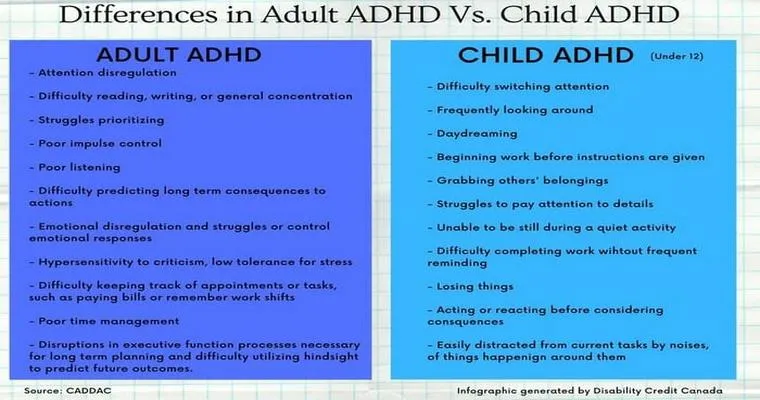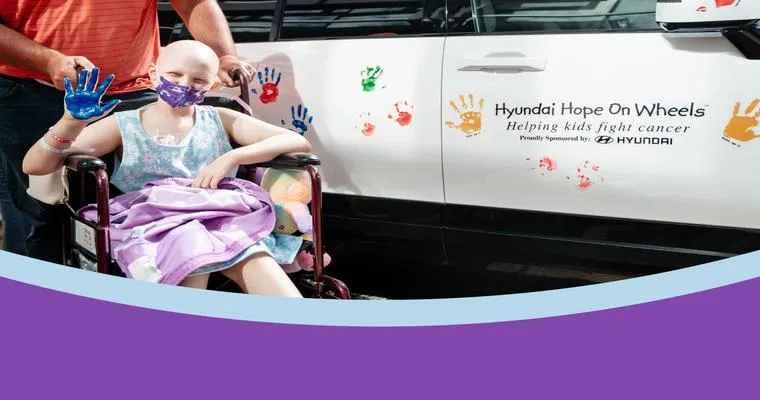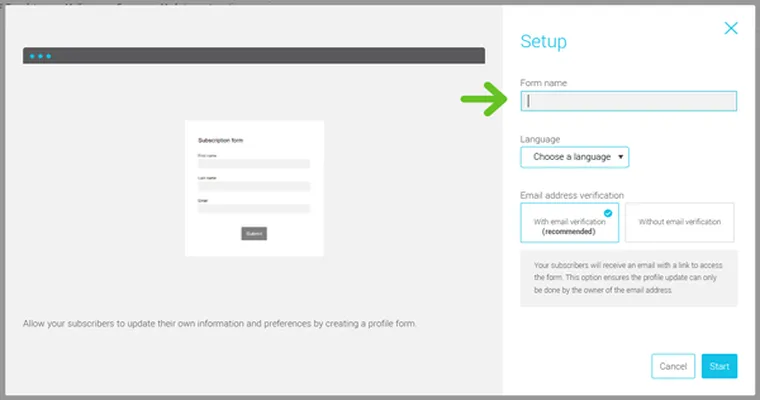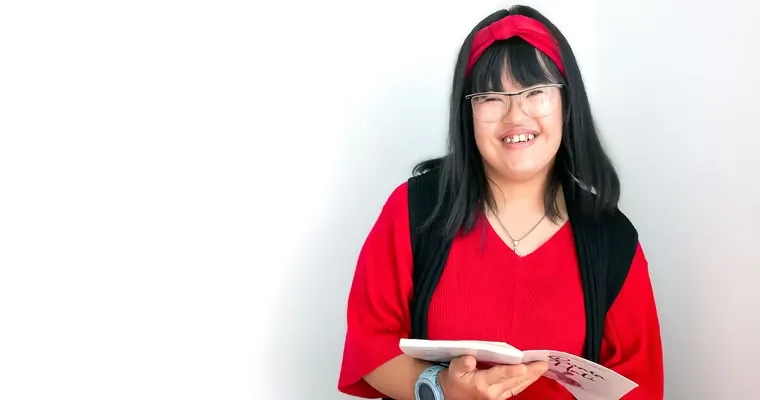Taking care of a "mentally disabled" adult, such as your 28-year-old daughter, can be both rewarding and challenging. Many families find themselves in a situation where they require financial assistance or compensation for the caregiving they provide. If you are wondering how to apply to get paid for taking care of your daughter, there are several programs and options available that can help you receive the support you need.
One of the most common ways to get paid for caregiving is through "Medicaid" programs. In many states, Medicaid offers what is known as a "Cash and Counseling" program or "Consumer Directed Services (CDS)". These programs allow families to hire their own caregivers, including family members, and receive compensation for their services. To apply for Medicaid, you will need to gather documentation about your daughter's condition, your financial situation, and any medical assessments that may support her eligibility for assistance.
Another option to consider is the "Social Security Administration's (SSA)" programs. If your daughter is receiving "Social Security Disability Insurance (SSDI)" or "Supplemental Security Income (SSI)", you may be eligible for additional support. Depending on your situation, you could explore options for becoming a representative payee, which allows you to manage her benefits on her behalf. This can sometimes include compensation for caregiving, although it's essential to check with the SSA for specific guidelines.
In addition to federal programs, many states have their own support programs for caregivers of individuals with disabilities. These might include state-funded assistance programs or grants. You should contact your local Department of Health Services or Social Services to inquire about what options are available in your state. They can provide information on any grants, subsidies, or programs that can help you financially while caring for your daughter.
You may also want to explore "non-profit organizations" and community resources that provide support for families with disabled members. Some of these organizations offer financial assistance or can guide you through the application process for available funding.
When applying for any financial assistance, it's crucial to have all necessary documentation organized. This may include medical records, proof of income, and any evaluations or assessments that demonstrate your daughter’s needs. Being prepared will streamline the application process and improve your chances of receiving the support you require.
In conclusion, if you are looking to get paid for taking care of your 28-year-old daughter with a mental disability, there are several avenues to explore, including "Medicaid", "Social Security", state programs, and non-profit resources. By investigating these options and preparing your application thoroughly, you can find the financial assistance that will help you continue providing the care your daughter needs.





